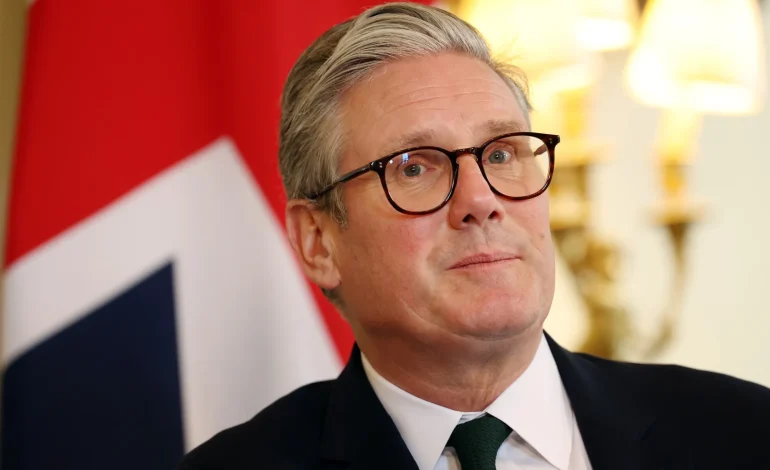British trade unions representing doctors, train drivers, local government workers, and border staff are demanding pay increases, presenting a challenge for Prime Minister Keir Starmer as he faces a fresh wave of strikes, despite previously making the resolution of industrial action an early priority for his government, Bloomberg reports.
Starmer’s vow to fix industrial relations and improve Britain’s faltering public services saw him sign off on a pay deal for junior doctors worth 22% more on average over two years, and a 5% backdated rise for train drivers in the Aslef union. He had wanted to act after seeing Sunak’s failure to prevent industrial action hamper his ability to keep key promises to voters, such as on reducing health care waiting lists.
Yet the premier came under pressure from the Conservative opposition this weekend as more unions vowed strikes. Train drivers working on the rail line between London and Edinburgh plan to walk out every Saturday and Sunday for three months from the end of August, while the Rail and Maritime Transport Workers Union is seeking parity with the Aslef offer, and local government unions have requested new talks on pay.
Border Force officers at Heathrow Airport said they would walk out from the end of the month, while the Telegraph newspaper reported that family doctors are demanding an 11% hike in their funding.
“The unions are already running rings round Labour,” the Tory Shadow Transport Secretary Helen Whately said on X.
The risk of escalating industrial action poses is a challlenge for Starmer at the start of his office as he aims to uphold an improving economic outlook characterized by slowing inflation, rising employment, and steady growth, even as Chancellor of the Exchequer Rachel Reeves warns of potential tax increases in the October budget due to a multi-billion pound gap in public finances.









